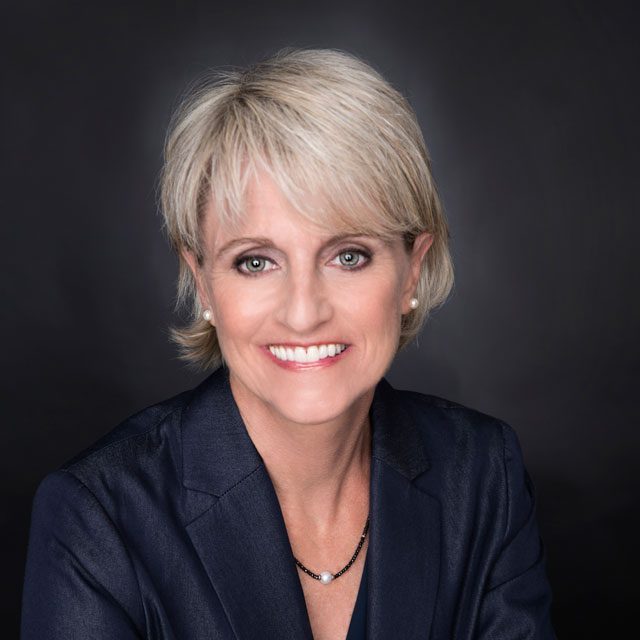How Advisors Can Help Clients With a Terminal Illness

5. Try enlisting the client’s family members to help you.
“If you have a client who is seeming depressed and you can’t get them to work through their items, make sure you enlist other family members to help,” she said.
You can also suggest that the client talk to their doctor about how they’re feeling,” she said, noting, “sometimes that little nudge will be what it takes to get the client” out of that funk.
6. Have early meetings with clients.
“People are usually fresher earlier in the day so meet early in the day,” she suggested.
But, “sometimes when you have people that have trouble sleeping,” that time may not be good for them, so suggest an alternate time to do it, she noted.
7. Go to the client’s house for meetings.
“If you actually have to go to their house, go to their house,” she said. “Sometimes you can learn a wealth of information by just taking that time to meet them in their place.”
This also “helps their energy because they didn’t have to come in” to your office, she pointed out.
Also, a “second brain is always invaluable to help them retain information and provide clarity after the meeting’s over,” she said, adding advisors should keep meetings “simple, focused and short.”
8. Enter the meeting with a clear plan.
Start a client meeting with the important things, “repeat the details and make sure you provide written materials behind it,” she advised. “What I’ll do in a meeting like this is I’ll create a little agenda that I’ll provide to the client when we go in. It’s not going to have all the details on that agenda because sometimes you don’t know exactly what’s going to transpire,” she said.
Have your “triage” list with you and “check off what you get through,” she added.
9. Provide follow-up materials.
“After the meeting’s over, provide follow-up materials” to the client, she suggested. “I usually send a summary email. I create a task list of what we get done of what we need to do and what the client does. And our client service person is just fantastic. If something needs to get done with a client, she will work with a client to get it done.”
10. Make sure to take frequent breaks during meetings if needed.
“If people have like gastrointestinal disease or urinary tract disease, sometimes they have to go to the bathroom a lot,” she said. So “make sure you take frequent comfort breaks,” she suggested.
11. Use a calm, quiet and soft voice.
Although it may be hard for some advisors, she suggested they “project a calm, quiet and soft voice” with terminal clients.
“I have never been calm, quiet or soft in my life,” she admitted. “But I’ve learned how you just keep your voice low [and] try not to get excited and just make sure that you’re being aware of how you’re being perceived.”
12. Avoid distractions.
“Don’t take your cell phone” into a meeting with the client, she suggested. Also, “if you have a conference phone in your room, turn that phone off. Make sure that you’re not going to be disturbed.”
Another suggestion: “If you see the client fading and you’re not getting things done, just end the meeting. Just say, ‘Hey, we’ve got through these one or two things. We’ve got more to go, but it seems like you might be having some issues. And I want to make sure that you’re OK.”
Then point out there will need to be another meeting or follow up with them in their home or through Zoom, she said. “Thank goodness” we have the latter now, she added.
13. Ask clients, carefully, about hidden wealth.
Along with discussing the obvious financial concerns including cash flow, she suggested bringing up subjects that include hidden wealth.
“I have clients who might have hidden gold or they have things in lock boxes,” she noted. It’s, therefore, important to ask if the client has anything hidden that he or she doesn’t want people to know about, she said.
But “you have to stress confidentiality,” she cautioned. What may work is “if you stress to them that you’re doing it to help because if they have important assets that they’re not telling anybody about, things like bitcoin, then you can’t help them.”
On a related note, she said it’s also important that family members or others handling a terminal client’s finances know how to access their accounts and have been given the proper authorizations for transferring responsibilities.
(Pictured: Carolyn McClanahan)




